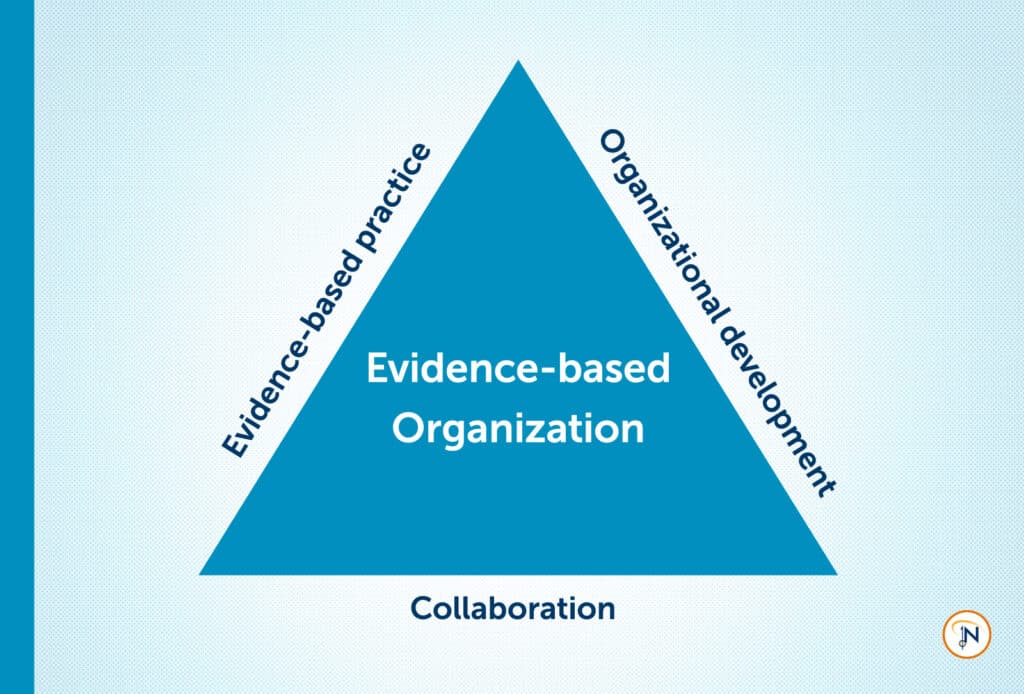As justice practitioners and advisers for over three decades, we’ve seen a lot. We’ve tried a lot. We’ve seen trends shift and perspectives change. We’re constantly improving, and we’re always evolving our practice.
When it comes to reducing recidivism, we have some specific recommendations, strategies, and tactics that have demonstrated substantial positive results for practitioners. What these strategies all have in common is they’re essential parts of evidence-based organizations.
The concept of the evidence-based organization was underscored by the National Institute of Corrections (NIC) in 2009, and over the past decade, we’ve found the NIC’s integrated model to have proven itself increasingly accurate.
Successful evidence-based organizations reduce recidivism by addressing and adopting three key priorities:
- Evidence-based practice, or EBP. Organizations using EBP rely on empirical research, theoretical backing, and closed-loop feedback. As the NIC describes, EBP is “the objective, balanced, and responsible use of current research and the best available data to guide policy and practice decisions.”
- Collaboration. Collaborative organizations share a common vision and engage stakeholders to come together to achieve that vision. Their collaborative environment is structured and clear, and they maintain a delicate balance between broad participation and decisive action. These organizations are efficient, adaptive, accountable, and sustainable, and the collaborative process builds buy-in from stakeholders.
- Organizational development. Agencies with healthy organizational development engage in an assessment-intervention-measurement loop to continually improve, and they apply the principles of EBP to their own work. These organizations have strong and flexible leadership who can critically evaluate their mission and goals and lead a complex cultural shift.
We agree with the NIC’s assertion that all three elements must be present and equally balanced to create a truly evidence-based organization. We also know from experience that EBP in the justice sector is difficult, and agencies like yours are facing tough challenges.
Are you ready to overcome those challenges and reduce recidivism in your community? Let’s work together. Contact us anytime to help you build, refine, or reevaluate your evidence-based organization.






